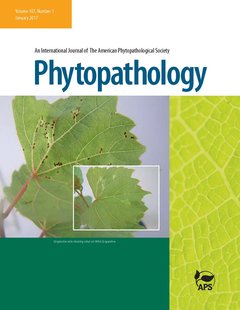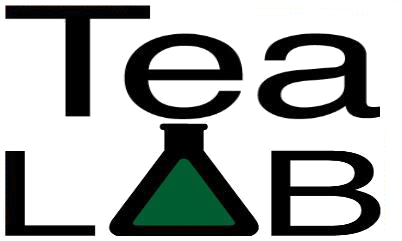 Compost Tea as a Container Medium Drench for Suppressing Seedling Damping-Off Caused by Pythium ultimum Phytopathology June 2004 Link Here The great state of Oregon has graced us with some insight into combatting damping-off caused by the fungal pathogen, Pythium. Researchers at Oregon State University wanted to know how to make the most effective (pythium suppressing) compost tea, so they tested several variables: aerated vs. non-aerated, compost type, tea additives, and dilution rates. The compost types were composted yard waste, vermicompost, and a commercial compost made from manure/agricultural waste. The additives were soluble kelp, humic acid, rock dusts, and molasses. The researchers grew cucumber seedlings planted in an inert growing medium that had been inoculated with Pythium. The seedlings were allowed to grow for nine days, at the end of which the number of healthy seedlings were counted and compared to the control group (seeds planted in non-Pythium inoculated soil). The various tea treatments were used to drench the soil medium upon the time of planting. Consistent disease reduction was only observed with the Aerated Compost Tea that had humic acid and soluble kelp as additives (the type of compost did not matter). Also notable, compost teas made with molasses had inconsistent suppressive effects, with a potential increase in disease. Dilution rates lowered effectiveness as well. The take home message: when making a compost tea, be sure you have sufficient aeration, cut back on the molasses, and use humic acid and kelp additives if you want to keep your seedlings happy and healthy.
5 Comments
Tim Wilson
3/3/2017 04:36:06 pm
This study is over 10 years old. Be aware that a formula like this may be good for pathogen suppression but may not be so great for nutrient cycling. I need to read it again thoroughly but as I recall they used soil soup amendments, added some ingredients to a finished CT, filtered through a 0.2 micron filter (which is insane) and did not use direct microscopy with a compound microscope.
Reply
Luke Besmer
3/6/2017 07:50:48 am
Thanks for the comment! I think you are the first person to do so. The SoilSoup solution is treated as a molasses based additive, so that's why the conclude molasses to be less effective. I'd say it's a good start to make decisions from, but would like to see a follow up study that uses straight molasses. It reads that the ingredients were added to the beginning of the tea. Also, from the paper "The filter was immediately adhered to a glass slide with a 20-μl drop of sterile PPB and examined microscopically", so they just used the filter to collect microbes, and then looked at them under the scope. Again, I appreciate the comment, it made me look closer into the study and confirm what I thought was there. These papers are extremely tough to get through sometimes. Thanks again for commenting, please continue to do so!
Reply
Tim Wilson
3/6/2017 09:43:23 am
Luke;
Reply
Luke Besmer
3/6/2017 11:22:52 pm
Hi Tim!
Reply
Tim Wilson
3/7/2017 08:57:24 am
I think you are right about the filter but the added amendments I believe I read correctly.
Reply
Your comment will be posted after it is approved.
Leave a Reply. |
Archives
June 2024
Categories
All
|
Contact Us
Why TeaLAB?TeaLAB is committed to helping people and their gardens to become more self- sufficient, healthier, and productive. Grow your sweetest corn, your biggest watermelon, your tallest quinoa, your tastiest tomato, and your happiest you.
TeaLAB was founded to teach people how to garden organically, so that we can become more closely connected with the land. Our goal has been to simplify growing methods so that gardeners have a positive experience in the garden. TeaLAB is where the garden meets the laboratory. From around the world and into your backyard, our products contain ingredients that are sourced both locally and globally. Using methods both ancient and cutting edge, TeaLAB promotes maximum biology. Grow with TeaLAB. |

 RSS Feed
RSS Feed
